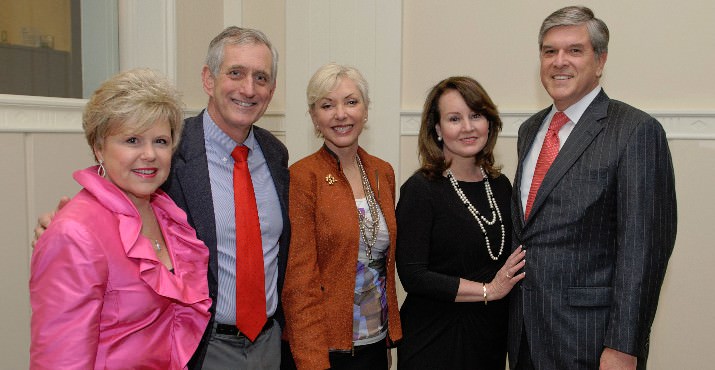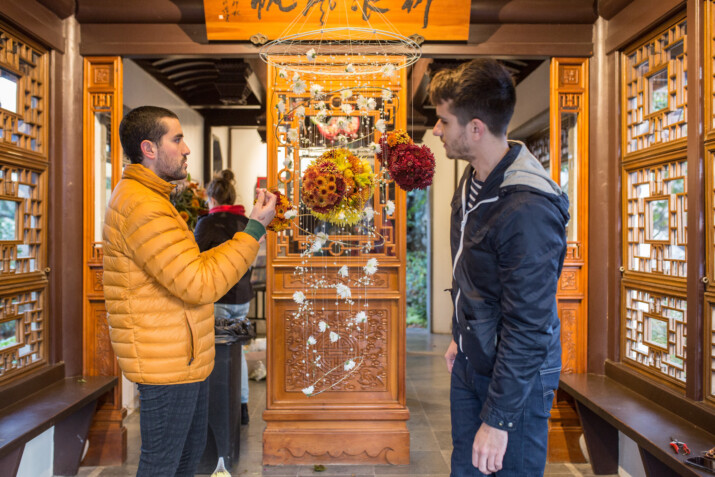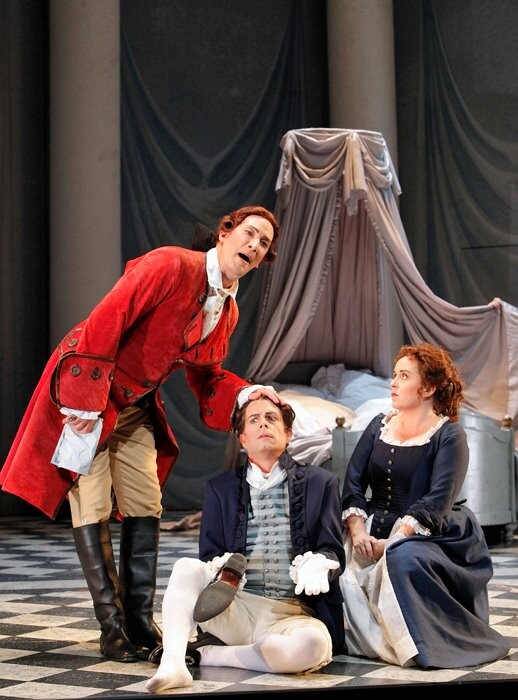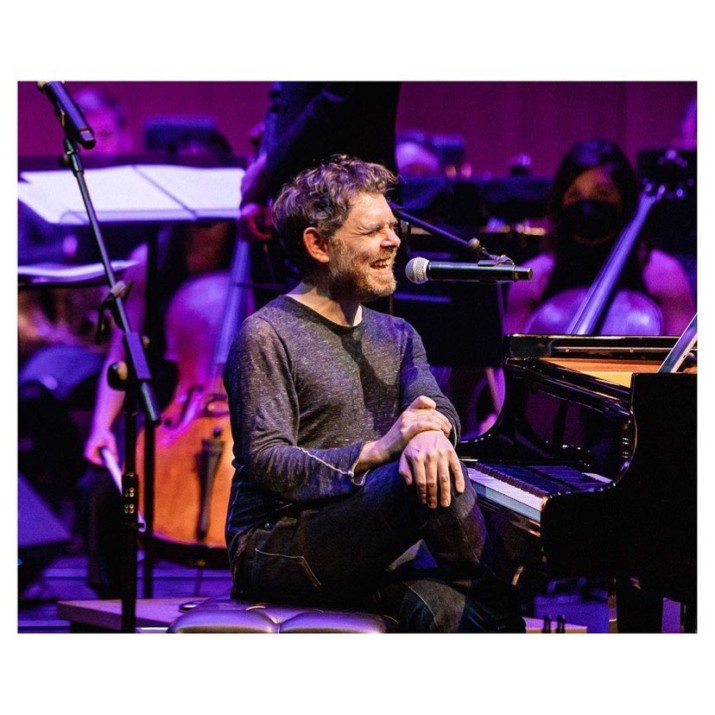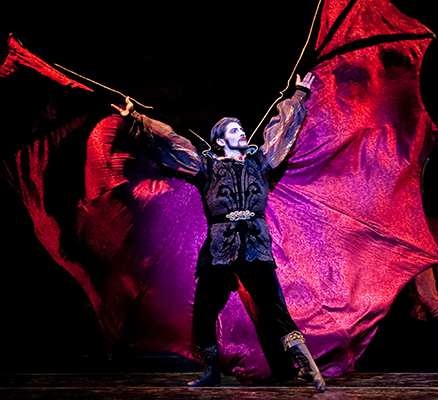
Oregon Historical Society Gearing up for Reopening and Rose City Soccer Exhibit
Portland, OR. “We are the Rose City! A History of Soccer in Portland.” That’s the focus of a new exhibit coming to the Oregon Historical Society (OHS) in late July. The Oregon Historical Society Museum will be reopening its doors to the public on Saturday, July 11th at 10:00 A.M. It has been closed since March 14th due to the Covid-19 pandemic. The Timber exhibit photo above features Mamadou “Futty” Danso, Jack Jewsbury and Steve Purdy celebrated a win following the Timbers first home game in the MLS era. (Photographer Craig Mitchelldyer, Courtesy of Portland Timbers.)
“We’re looking forward to reopening,” said OHS Executive Director Kerry Tymchuk. “We’ve got lots for people to see, and we’ll be following of course all the guidelines required by the state and the county as far as face coverings and social distancing.” Museum-goers will be able to check out OHS’s permanent exhibit, “Experience Oregon,” which debuted last year and chronicles “the good, the bad and the ugly,” of Oregon’s history, according to Tymchuk. Additionally, the new exhibit entitled, “Soccer in the Rose City,” will explore a full history of Portland’s soccer culture.

Capo Tina leads section 108 during a 2019 Portland Thorns game. (Courtesy of 107 Independent Supporters Trust.)
Over the past few months, OHS has been busy producing a weekly newsletter and keeping the community updated and informed through social media.
“We’ve been very proud of all the work and material we’ve been able to provide through our social media outlets,” Tymchuk said. “We’ve been putting out great material on the pandemic, such as the Spanish flu pandemic of 100 years ago and how it impacted Oregon and lessons learned and not learned. And then we were able over the past couple of weeks to put out just a phenomenal amount of material on racial justice and equity.”
Just before having to shut its doors on March 14th, the museum was getting ready to debut an exhibit entitled, “Nevertheless, They Persisted: Women’s Voting Rights and the 19th Amendment.” Museum-goers will still be able to check out the exhibit when OHS reopens. “[It’s] a phenomenal exhibit—artifacts and documents, chronicling the fight for equal rights for women and giving them the right to vote,” Tymchuk said. “We’re anxious to give that a showing to everybody.”
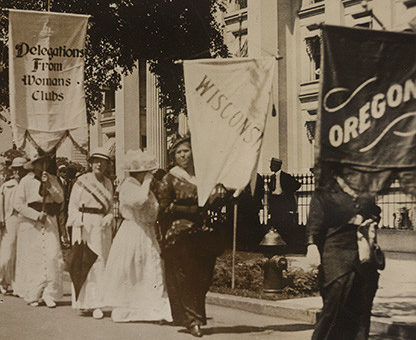
March in 1913 in support of women’s right to vote. Photo featured in OHS exhibit, “Nevertheless, They Persisted.”
Additionally, the OHS has a variety of virtual programs that can be found on the OHS website that will still be available after the museum reopens.
According to Tymchuk, due to good financial planning and the Multnomah County levy, which provides the museum with funding, the OHS has not had to make any mass lay-offs or budget cuts. “We’ve been very fortunate,” he said.
Tymchuk encourages anyone interested in supporting the OHS to visit the museum after it reopens, to make a tax-deductible donation, or to become OHS members. “A membership in OHS is a great deal, and we encourage people to become members—that way they get all the material that we put out,” he said. He also provided this reminder: “Here in Portland, because of the Multnomah County levy, all Multnomah County residents have free admission [to the museum].”
“We’ve been actively fulfilling our mission during this time,” Tymchuk said, referring to the pandemic’s effect on the OHS. “We certainly live in a time where people are becoming increasingly aware of the importance of history.”
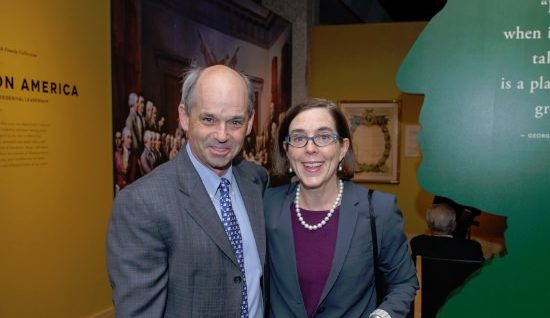
OHS Executive Director Kerry Tymchuk and Oregon Governor Kate Brown in June 2013.
Following re-opening, public museum and store hours will be Wednesdays – Saturdays from 10 am – 5 pm and Sundays from 12 pm – 5 pm. The OHS Research Library remains closed for renovations that began in January 2020. More information on library services that are available during the renovation can be found at ohs.org/libraryreno.
About the Oregon Historical Society:
For more than a century, the Oregon Historical Society has served as the state’s collective memory, preserving a vast collection of artifacts, photographs, maps, manuscript materials, books, films, and oral histories. Our research library, museum, digital platforms & website (www.ohs.org), educational programming, and historical journal make Oregon’s history open and accessible to all. We exist because history is powerful and because a history as deep and rich as Oregon’s cannot be contained within a single story or point of view.


